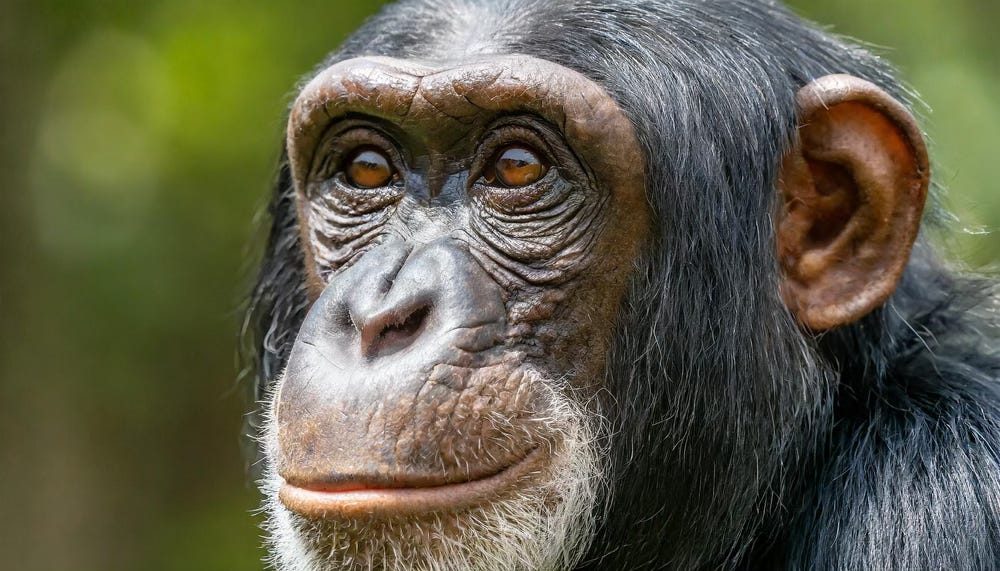In chimpanzees, peeing is contagious
A new study has described a phenomenon researchers refer to as 'contagious urinations.' The study in 20 captive chimpanzees living at the Kumamoto Sanctuary in Japan shows that, when one chimp pees, others are more likely to follow.
Violence on TV: What happens to children who watch?
Boys exposed to violent screen content in the preschool years were more likely to become antisocial and violent themselves a decade later, in their mid-teens, a new study shows.
Inflammation may explain stomach problems in psoriasis sufferers
People with the skin condition psoriasis often have invisible inflammation in the small intestine with an increased propensity for 'leaky gut', according to new research. These changes in the gut could explain why psoriasis sufferers often have gastrointestinal problems and are more prone to developing Crohn's disease.
Global trust in science remains strong
A global survey spanning 68 countries reveals that public trust in scientists is still high. A team of 241 researchers conducted the largest post-pandemic study of trust in science, societal expectations and public views on research priorities.
Scientists uncover structure of critical component in deadly Nipah virus
Researchers have profiled the molecular structure and features of a key part of the deadly Nipah virus. Experiments in cells showe how changes in the viral polymerase -- a protein involved in viral replication -- can alter the virus's ability to make copies of itself and infect cells. Further analysis revealed parts of the Nipah virus polymerase that may render the pathogen susceptible to drugs.
Ancient viral DNA shapes early embryo development
Over half of our genomes consists of thousands of remnants of ancient viral DNA, known as transposable elements, which are widespread across the tree of life. Once dismissed as the 'dark side' of the genome, researchers have now revealed their crucial role in early embryo development.
New study paves way for immunotherapies tailored for childhood cancers
Researchers have determined how children's immune systems react to different kinds of cancer depending on their age. The study reveals significant differences between the immune response of children and adults, and has the potential to lead to new tailored treatments for children with cancer.
Fatty muscles raise the risk of serious heart disease regardless of overall body weight
People with pockets of fat hidden inside their muscles are at a higher risk of dying or being hospitalized from a heart attack or heart failure, regardless of their body mass index, according to new research. This 'intermuscular' fat is highly prized in beef steaks for cooking. However, little is known about this type of body fat in humans, and its impact on health. This is the first study to comprehensively investigate the effects of fatty muscles on heart disease. The new finding adds evidence that existing measures, such as body mass index or waist circumference, are not adequate to evaluate the risk of heart disease accurately for all people.





The group pee concept can also be observed in long distance trail running. When one runner announces they need a pee stop, often the entire group stops because of a similar need.